What is anxiety and how can we combat it?

Published: 09.05.2025 - 17:10
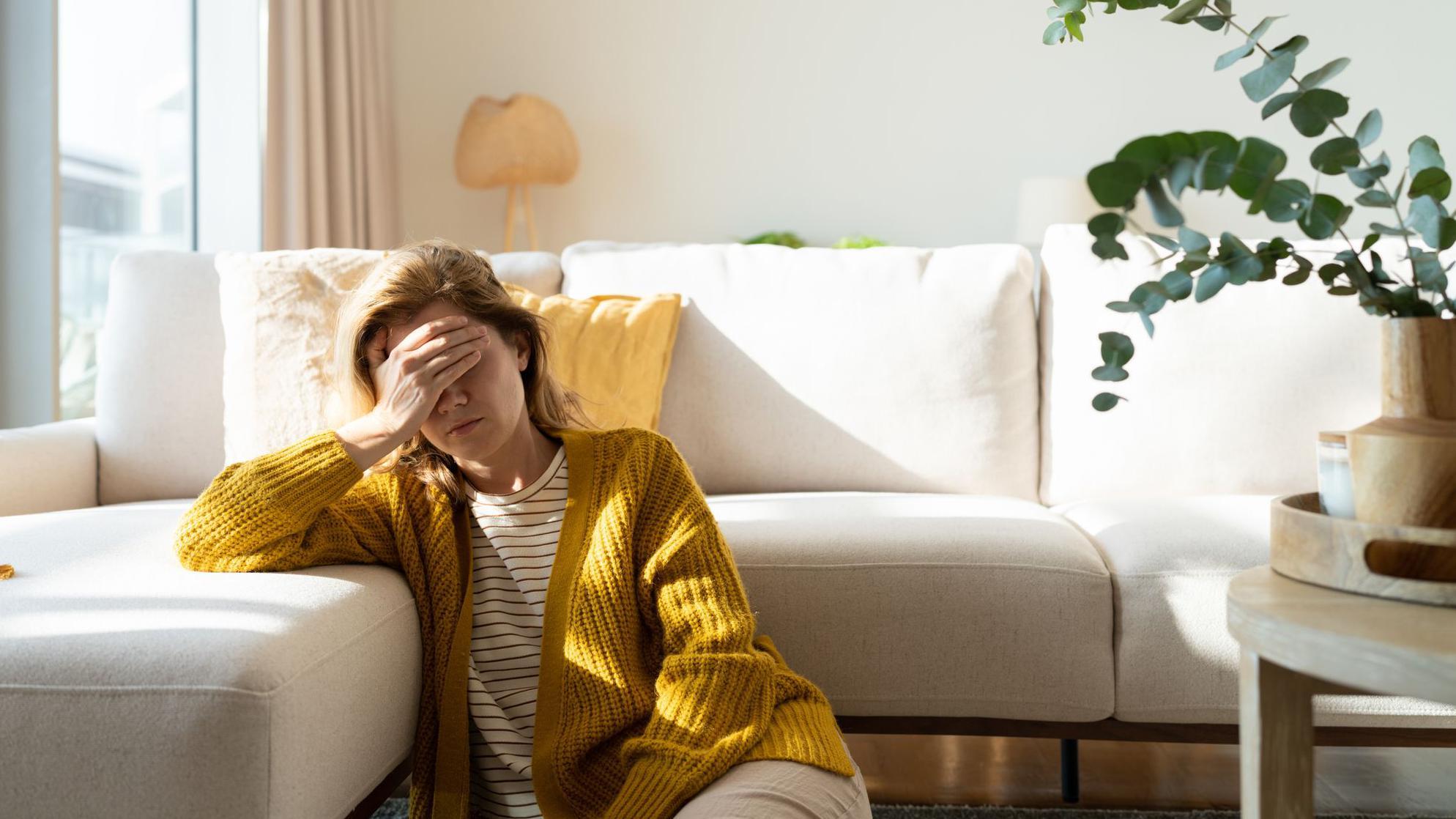
Anxiety is one of the most basic human emotions.
It occurs as a natural response to situations that are perceived as threatening or challenging.
Occasional anxiety is a normal part of life that prepares us to face potential threats.
However, when it is excessive, persistent, difficult to control or disproportionate, it can cause problems. This anxiety disorder is called anxiety.
Understanding the different ways anxiety manifests itself is crucial for the people who experience it and the support that can be given.
WHAT IS ANXIETY?Anxiety can be described psychologically as a feeling of fear and uneasiness.
It can also be defined as anxiety, tension or uneasiness resulting from the anticipation of danger.
This situation may arise from our own thoughts or from events around us.
"Sometimes the anxiety can be so strong that those who experience it can compare it to physical pain. This shows the extent of its impact on mental health," said Dr. Phuong Le, who works in psychology and education in Vietnam and the United States.
In its milder forms, anxiety can be beneficial, acting as a warning system that increases awareness of potential dangers and promotes preparedness and attention, says Dr. Phuong Le.

However, when fear of future events becomes excessive and interferes with our ability to function normally, it may indicate a psychological disorder.
WHAT IS THE DIFFERENCE BETWEEN ANXIETY AND STRESS?Stress from current challenges, such as work deadlines or family problems, usually subsides once these situations are resolved.
However, anxiety often occurs without any apparent cause, driven by internal thoughts, and lasts longer than stress.
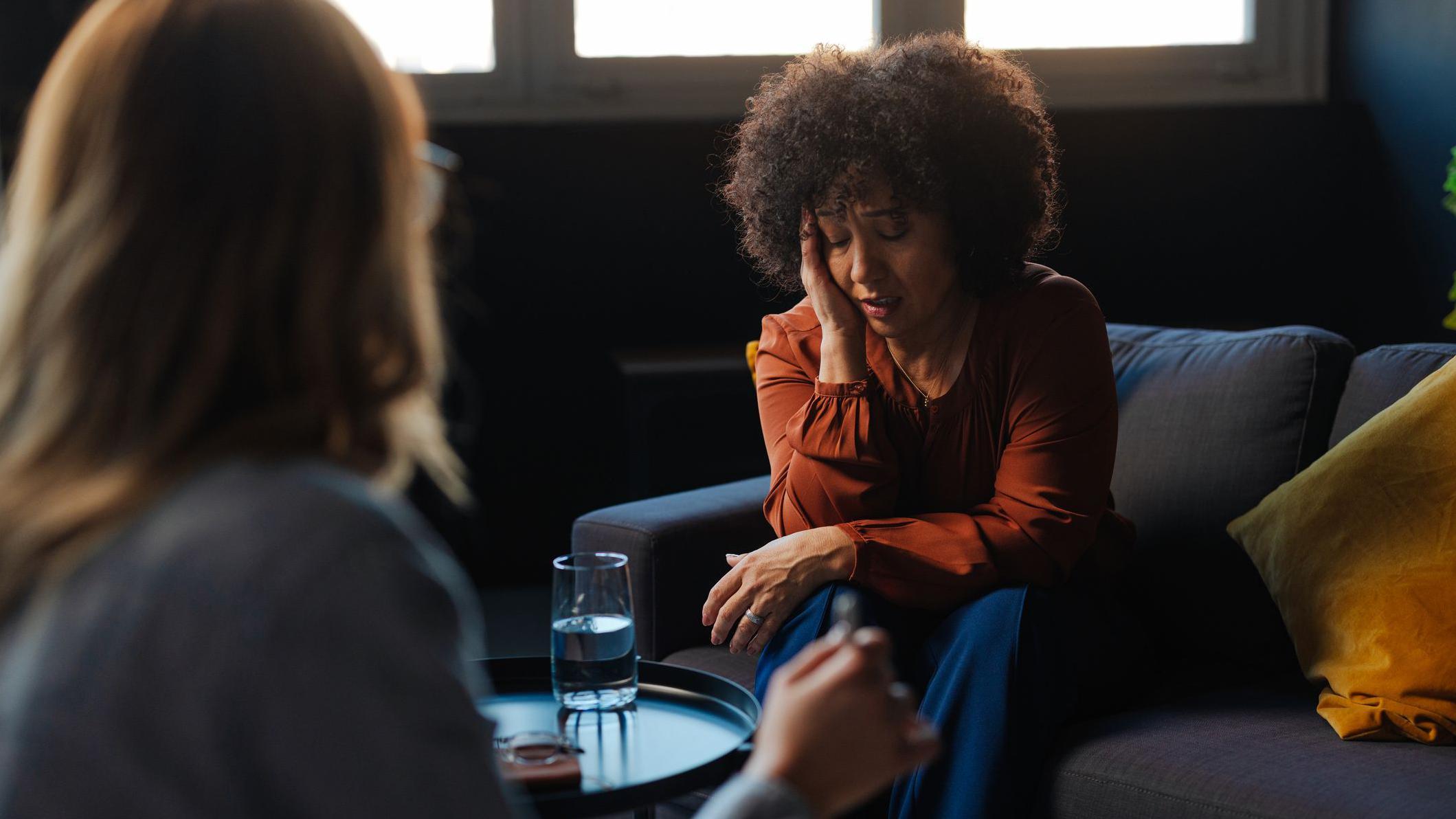
Anxiety includes feelings of fear, uneasiness, worry, and excessive anxiety.
HOW DOES ANXIETY AFFECT US?Anxiety can affect overall quality of life and mood because it lasts for a long time.
Dr. Phuong Le says that long-term or chronic stress can be a major trigger of anxiety disorders:
“Experiencing too much stress over a long period of time can disrupt the delicate balance of neurotransmitters in the brain that are responsible for regulating mood.
“This constant pressure can eventually lead to long-term health problems, including both mood and anxiety disorders.”

Dr. Phuong Le explains that daily life can trigger anxiety and continues:
“Research also shows that stressful events are associated with increases in anxiety sensitivity in the long term, and prolonged stress may make individuals more vulnerable to experiencing anxiety symptoms.
“Therefore, it is crucial to manage stress effectively to reduce the potential for developing anxiety disorders and other negative mental health outcomes.”
WHAT DOES ANXIETY DO TO OUR BODY?Ongoing anxiety can have a major impact on overall health.
Chronic anxiety is linked to an increased risk of cardiovascular (heart and blood vessel) problems, such as heart disease, heart attack, high blood pressure, and stroke, says Dr. Phuong Le.
Anxiety can also lead to digestive problems such as irritable bowel syndrome (IBS), ulcers, nausea, diarrhea, and constipation.
Chronic anxiety can weaken the immune system, making us more susceptible to infections and diseases.
It can cause sleep problems, which in turn creates more anxiety.
Headaches and chronic pain often occur when we are anxious, and there may be a link between chronic anxiety and the development of autoimmune problems, which reduce our ability to fight off infections.
It increases the risk of developing other mental health disorders such as anxiety, depression, and drug addiction.
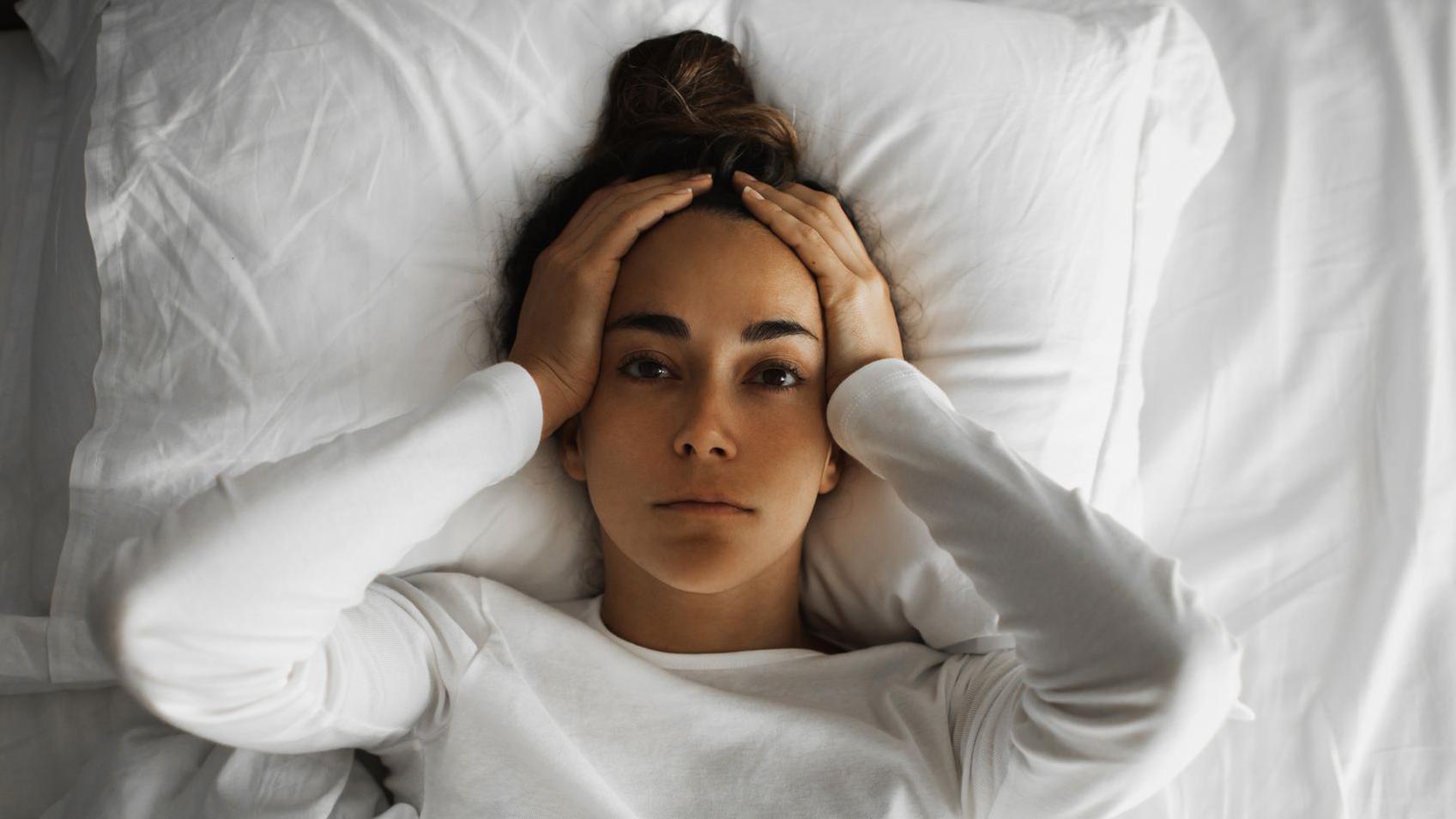
As a result, anxiety can significantly reduce quality of life and increase difficulties in daily life, work, and personal relationships.
In severe cases, it can increase people's risk of suicide.
HOW CAN WE DEAL WITH ANXIETY?General Management Techniques:
We can use various techniques in daily life to recognize and manage symptoms.
Mindfulness practices that focus on the present moment without judgment are highly effective in reducing anxiety and bringing us back to the here and now.
Relaxation techniques such as slow, deep breathing, progressive muscle relaxation, and imagining images can help calm the body's stress response and relieve tension.
Practicing proper breathing techniques using the body's diaphragm can help prevent hyperventilation (breathing faster and/or deeper than necessary), a common physical symptom of anxiety.
Gradually confronting fears with small, achievable steps can help individuals test their anxiety and build self-confidence.
Some people find it helpful to schedule specific "worry time" during the day to prevent anxiety from taking over at other times.
It may be helpful to keep a journal to track when anxiety occurs and identify possible triggers.
- 'Let's talk about this'
Talking about your feelings with trusted friends, family members, or mental health helplines can provide support and a sense of being heard.
Support groups can create a safe space to share experiences and learn from people facing similar challenges.
Enjoyable and relaxing hobbies can also reduce anxiety.
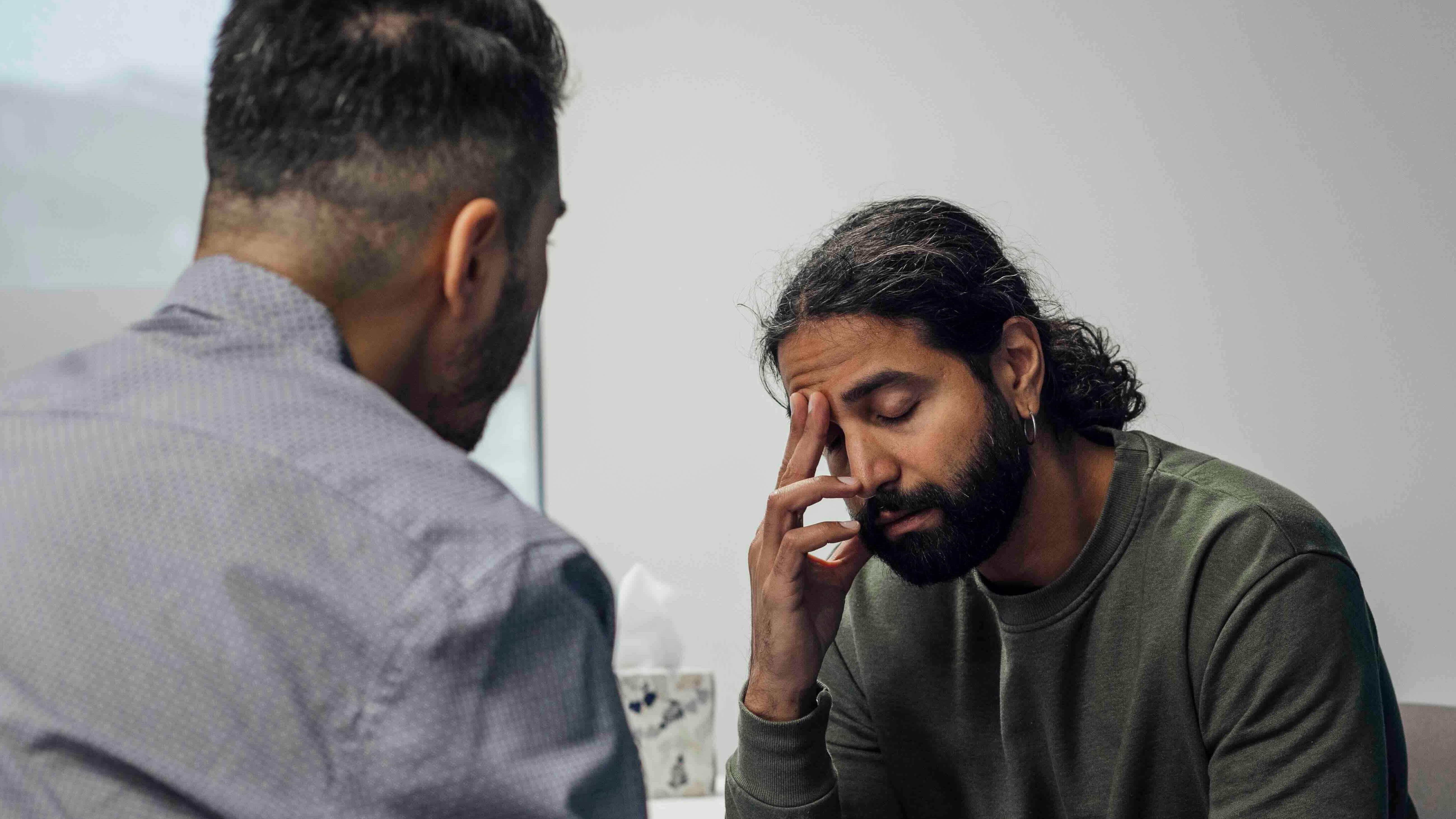
Cognitive Behavioral Therapy Techniques:
Cognitive Behavioral Therapy (CBT) offers methods for managing anxiety and focuses on identifying and challenging unhelpful thought patterns.
This involves examining the evidence for and against negative thoughts to gain a balanced perspective.
Mindfulness is often used to help observe thoughts without judgment and to improve emotional regulation.
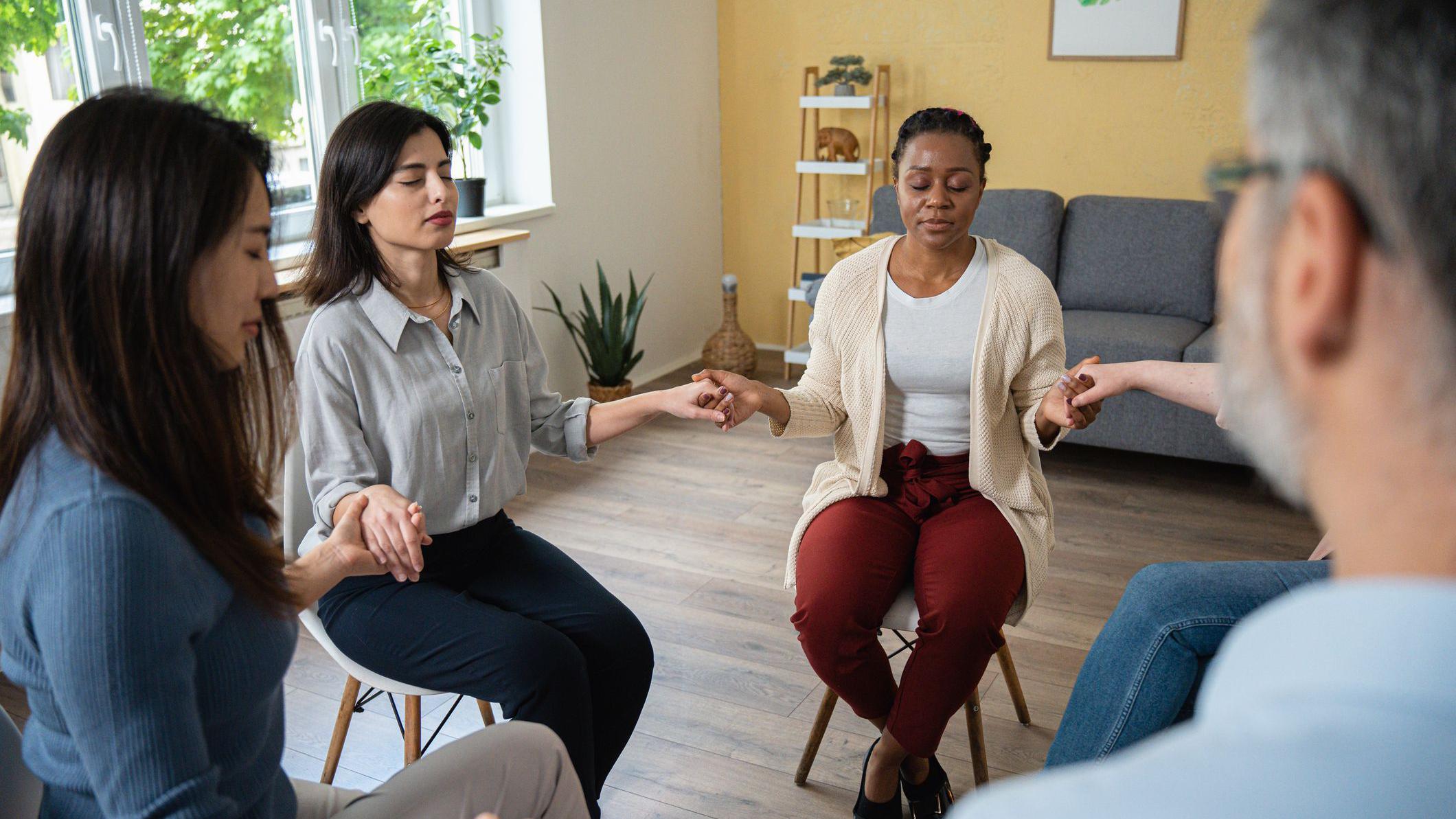
This is a CBT technique that focuses on rewarding and meaningful activities to improve your mood and reduce anxiety.
Exposure therapy, a key element of CBT for anxiety disorders, involves gradually confronting feared situations, thoughts, sensations, and feelings in a controlled manner to reduce avoidance behavior and build tolerance.
Cognitive behavioral therapy includes a variety of relaxation and stress reduction techniques to help calm the nervous system and manage general anxiety.
Keeping a journal or thought log can help us track negative emotions and identify patterns.
- Cognitive restructuring
Cognitive restructuring – or “reframing” – involves looking closely at negative thought patterns and trying to rethink them in a more helpful and realistic way.

Selective serotonin reuptake inhibitor (SSRI) medications such as sertraline (Lustral is one brand that contains it) and fluoxetine (Prozac is one brand that contains it) help balance serotonin levels in the brain.
Serotonin is a chemical that affects mood and emotions.
Low levels are linked to anxiety and depression.
SSRIs work by preventing the brain from reabsorbing serotonin too quickly, keeping more available to improve mood and reduce anxiety.
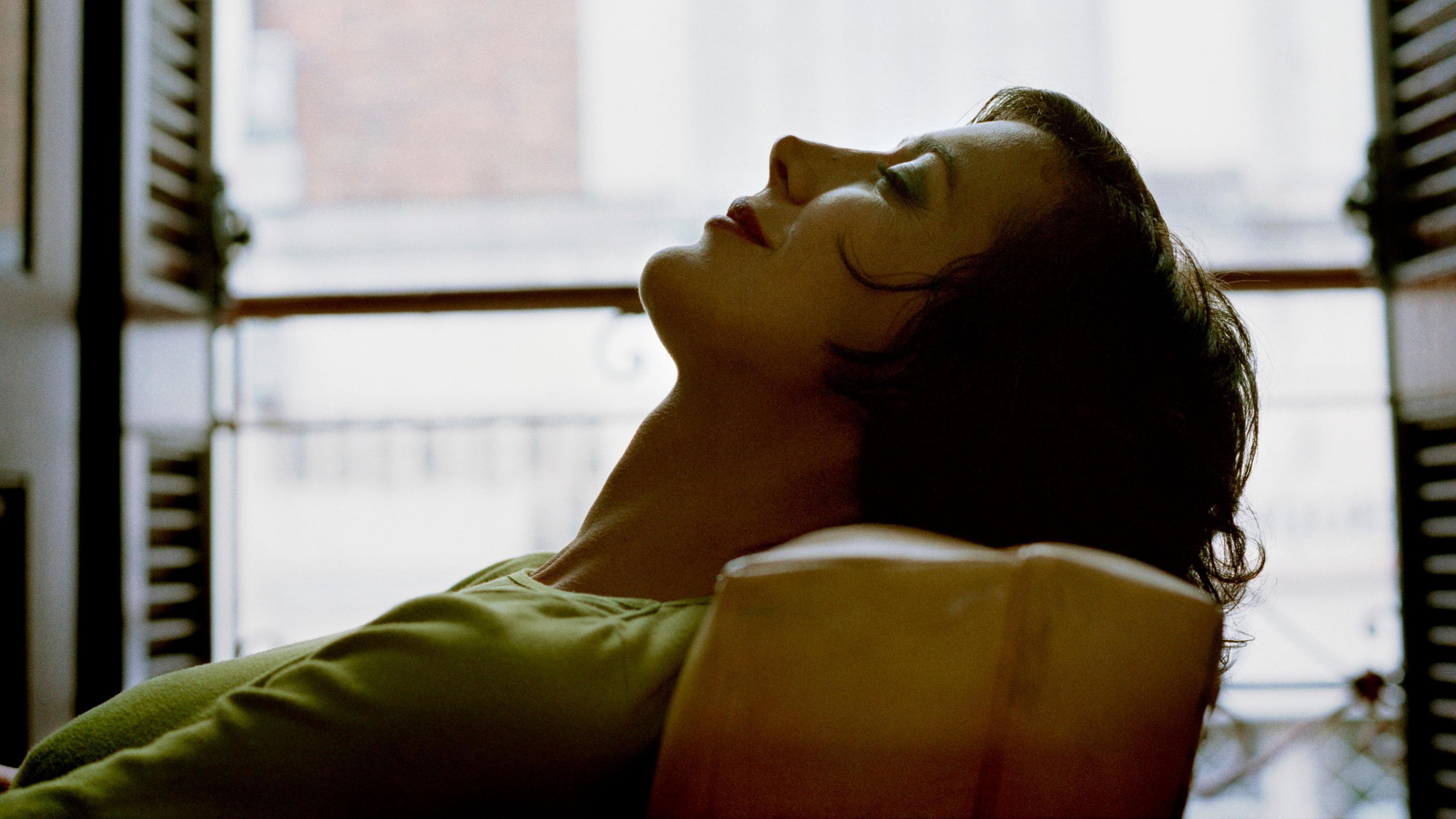
Phuong Le recommends that medications should be used in conjunction with other methods:
“These include therapy such as cognitive behavioral therapy (CBT), lifestyle changes such as exercise and dietary adjustments, mindfulness and relaxation techniques, and stress management strategies.”
But Phuong Le says the drugs may not work for everyone:
“For many people, prescription medications such as antidepressants (including SSRIs) can help improve their mood and coping skills.
“It is important to meet with a doctor to see if the medication is the right option for you. They can explain how the medication works, possible side effects, and help you find the best approach for your individual needs.”
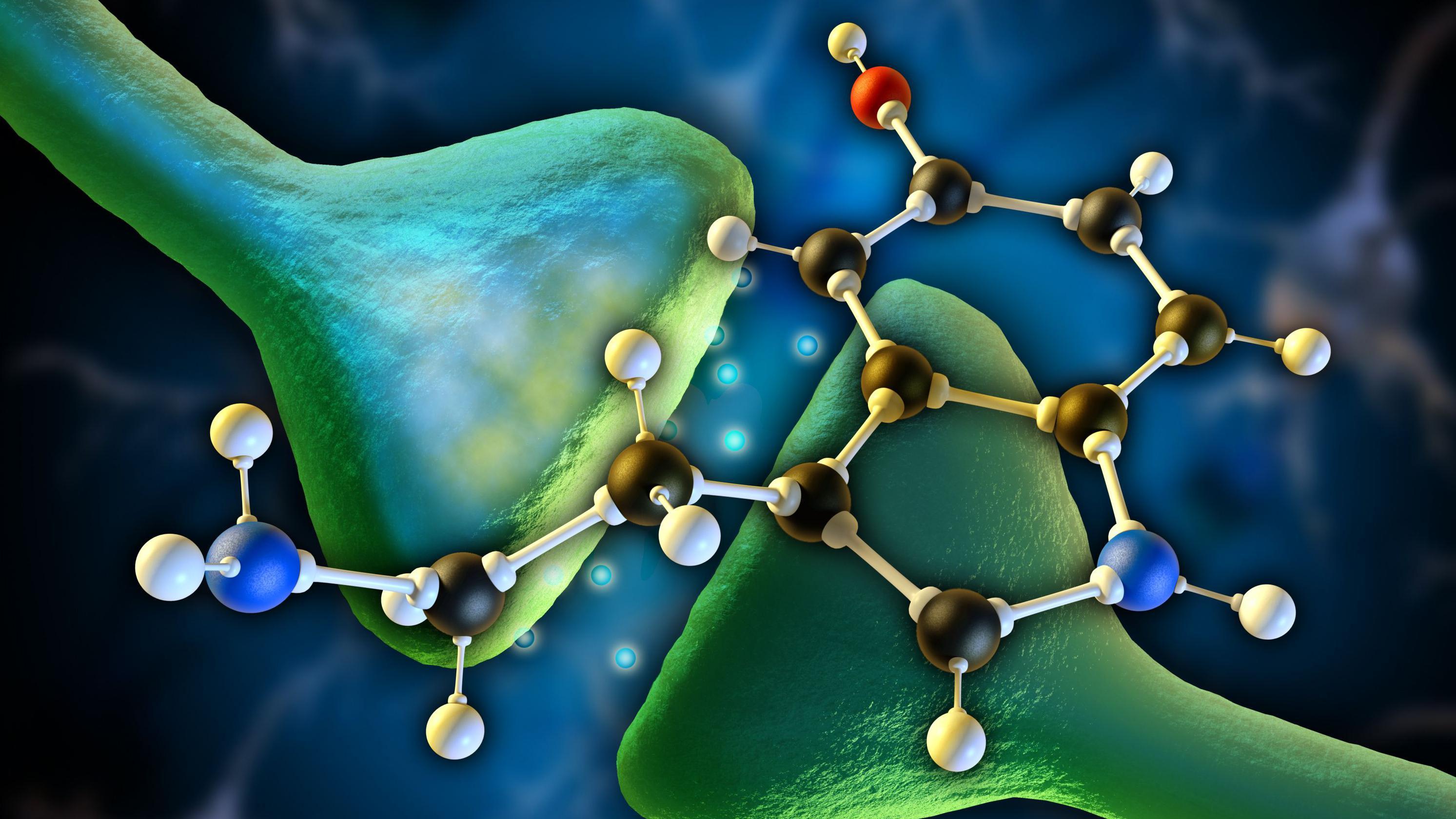
Phuong Le says increased anxiety among younger generations is often perceived as weakness.
But as a positive step, he says the number of reported cases has increased as awareness and willingness to seek help has increased.
Information overload, social media, academic stress and changing social dynamics particularly affect young people.

Phuong Le emphasizes that misconceptions about anxiety must be addressed with facts.
A common myth is that anxiety is about overreacting or worrying too much, says Phuong Le.
“The reality is that anxiety disorders are serious medical conditions that involve more than temporary worry or fear; they can lead to real changes in brain function and structure.”
Another misconception is that only thin people can worry.
In fact, anxiety disorders can affect anyone and are often caused by biological, environmental, and genetic factors.
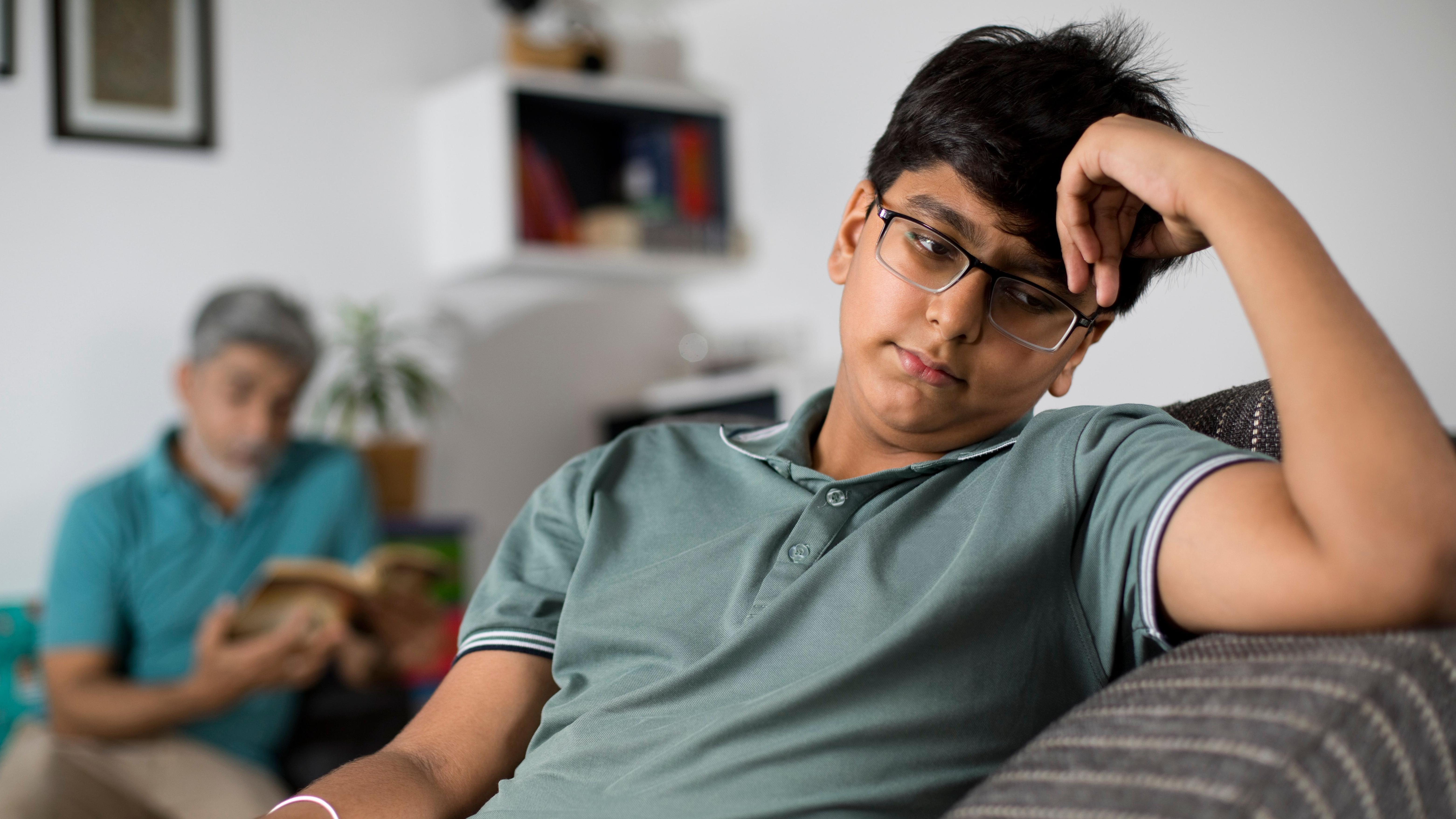
Phuong Le also warns that the idea that anxiety will go away on its own is a mistake for many people, saying:
“Without treatment, anxiety can persist and even worsen over time, but effective treatments are available to significantly improve symptoms. While medication is an option, the myth that it is the only effective treatment is false.
“There are multiple effective approaches, including psychotherapy, lifestyle changes, and various holistic practices.
"Contrary to the belief that talking about anxiety makes it worse, discussing it openly can actually promote understanding and support, prompt individuals to seek help, and reduce feelings of isolation."
Another myth is that anxiety disorders are rare, according to Phuong Le.
Anxiety is the most common category of mental disorder, he says, and causes a wide range of physical symptoms that affect the entire body.
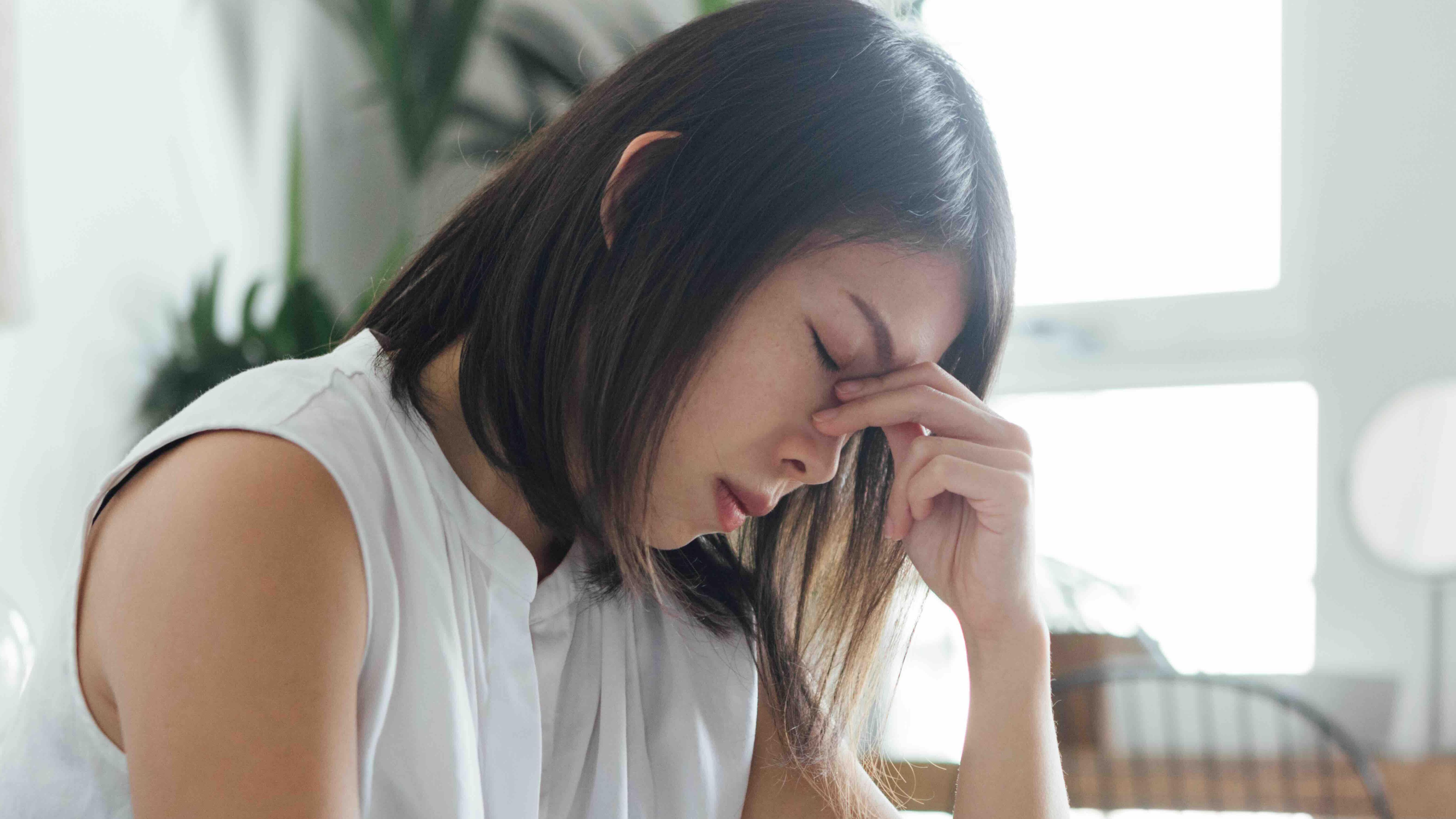
In summary, anxiety is a complex phenomenon with important psychological and biological dimensions.
Although it can improve our performance in certain situations, it can often turn into a disorder that requires intervention with a series of techniques and, at times, medication.
This news was prepared and checked by BBC journalists and was translated using artificial intelligence as part of a pilot project.
Cumhuriyet




